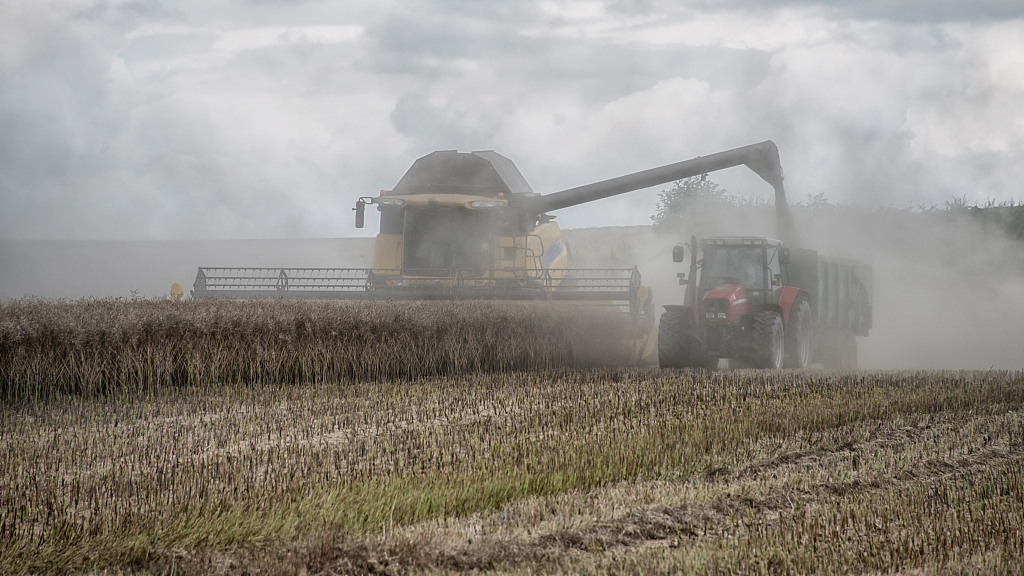Restoring and protecting the world's soil could absorb more than five billion tons of carbon dioxide each year -- roughly the U.S. annual emits -- new research showed on March 16.
Last year the United Nations' Intergovernmental Panel on Climate Change (IPCC) said that the world needed to work harder to retain the land's ability to absorb and store planet-warming greenhouse gases and prevent it turning from a carbon sink to a source.
Just the first meter of soil around the world contains as much carbon as is currently in the atmosphere, locking up the CO2 sequestered in trees as they decompose and return to the earth.
A new paper in the journal Nature Sustainability analyzed the potential for carbon sequestration in soils and found it could, if properly managed, contribute a quarter of absorption on land. The total potential for land-based sequestration is 23.8 gigatons of CO2-equivalent, so soil could in theory absorb 5.5 billion tons annually.

Stop expansion of agriculture and plantation growth across the globe is the key in soil restoration. /VCG
Stop expansion of agriculture and plantation growth across the globe is the key in soil restoration. /VCG
Most of this potential, around 40 percent, can be achieved simply by leaving existing soil alone, that is, not continuing to expand agriculture and plantation growth across the globe.
The IPCC said in August that humanity was facing tough choices between how land -- Earth's forests, wetlands, savanna and fields -- is used to provide food and material and how it is used to mitigate climate change.
There is simply not enough space to feed 10 billion people by 2050 and limit catastrophic climate change, its 1,000-page study warned.
Agriculture already contributes as much as a third of all greenhouse gas emissions and vast amounts of food are wasted, driving global inequality.
(If you want to contribute and have specific expertise, please contact us at nature@cgtn.com.)
Source(s): AFP